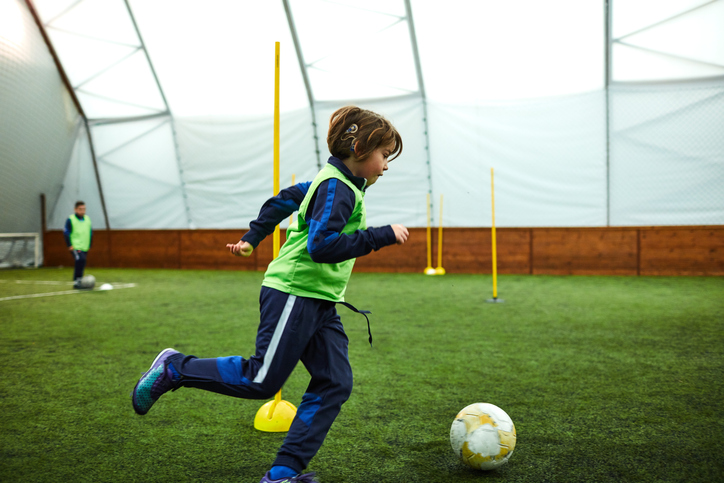Frequently Asked Questions About Cochlear Implants

What is a cochlear implant?
A cochlear implant is a surgically implanted electronic device that provides a sense of sound to a person who is severely hard of hearing or profoundly deaf. The implant sends electrical signals down the electrode into the cochlea, which sends them to the brain, giving the sensation of sound. Read more about how a cochlear implant works here.
How long have cochlear implants been available?
The U.S. Food and Drug Administration (FDA) first approved cochlear implant devices for adults in 1985 and for children in 1990.
Who is eligible to receive a cochlear implant?
Children who meet the criteria approved by the FDA and are medically healthy for surgery are candidates for a cochlear implant. Children with inner ear abnormality (for example, Michel malformation in which the cochlea does not develop or complete absence of the cochlear nerve) cannot receive cochlear implants. Certain conditions may disqualify some children from eligibility. Learn more about eligibility for pediatric cochlear implants at Bristol-Myers Squibb Children's Hospital.
What is the surgery like?
Cochlear implant surgery typically takes two hours under general anesthesia. At the time of the surgery, after the implant has been placed, our audiologists will take internal measurements to gauge current flow within the cochlea as well as record the electrical activity within the hearing nerve after stimulation with the device.
Does a cochlear implant provide normal hearing?
No. A cochlear implant provides the perception of sound to the hearing system by electrically stimulating the remaining nerve fibers in the cochlea which takes the electrical equivalent of sound up to the part of the brain that will interpret the sound. A child will need to learn to listen to these new sounds. Working with an audiologist, speech-language pathologist, early interventionist, and a teacher of the hearing-impaired will help the child identify sounds and improve their auditory skills. Therapy and training that focuses on listening can help the child speak more clearly. Speech and language develops with time and experience.
What outcomes can be expected from a cochlear implant?
The vast majority of patients treated in the Pediatric Cochlear Implant Program at Bristol-Myers Squibb Children's Hospital who receive cochlear implants use them successfully. However, there are factors that can affect outcome. These issues will be discussed with you during the evaluation process.
Should my child receive one implant or two?
Unless one ear can still use a hearing aid along with their first cochlear implant, virtually all of the children we care for receive two cochlear implants. This is a decision the parents make along with our cochlear implant team. All children receiving a cochlear implant through our center will begin with one cochlear implant. The initial implant will provide the child with access to sounds in their environment and most importantly, speech. Two implants improves the ability to hear speech in noisy situations and help with localization or knowing the direction of where the sound is coming from. After some time using one cochlear implant successfully, we can discuss implanting the second ear.
How is the external transmitter held in place?
Usually, the transmitter and receiver contain magnets which attract to each other to stay aligned.
Can my child have an MRI once the cochlear implant has been placed?
Yes, all three available cochlear implants available in the United States are now MRI-compatible. There are special precautions that need to be taken and are specific to each manufacturer’s device.
Is re-implantation possible if my implant breaks?
Yes, re-implantation is almost always possible. It may take time for the child to return to his or her previous level of hearing. With time, results have been reported to be as good as or better than the previous device. An older implant is never removed/replaced if it is still working unless there is a decline in performance. The cochlear implant manufacturers release new external equipment periodically. If it is not immediately compatible with your implant, the manufacturer will work to make it compatible within a few years.
Can the sound processor be removed at night?
Yes. The processor should be removed at night to let the scalp rest and to charge the processor’s batteries. The processor should be stored in a storage device to remove moisture.
Can I use the implant while playing sports?
Probably. Most implants are durable enough to wear while playing sports. Some devices are waterproof so you may use them in the water. Ask your audiologist if the device chosen may be used in water. Deep water diving may harm the internal implant due to the high water pressure.



